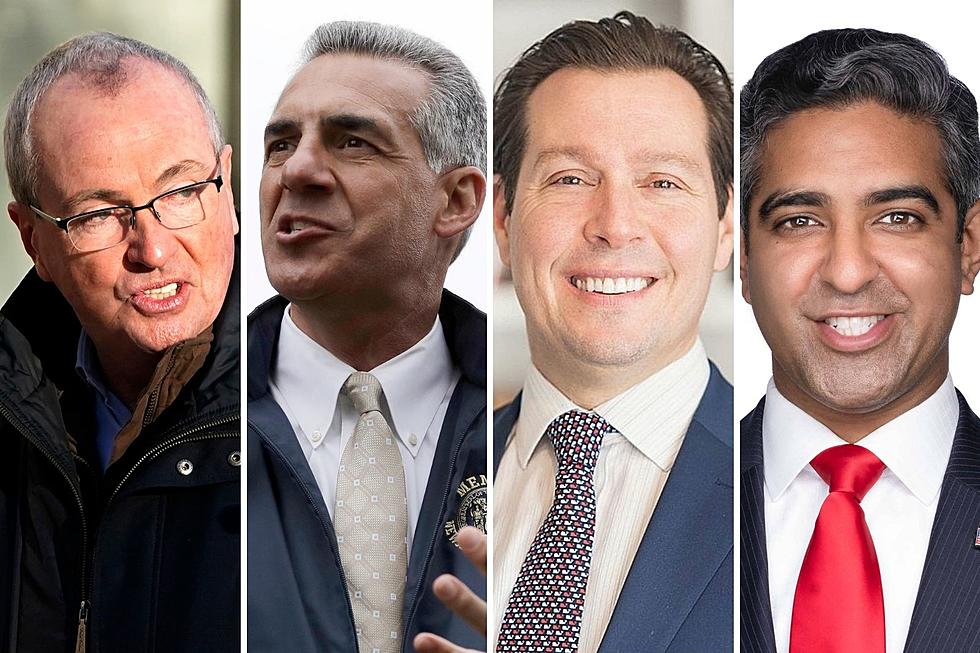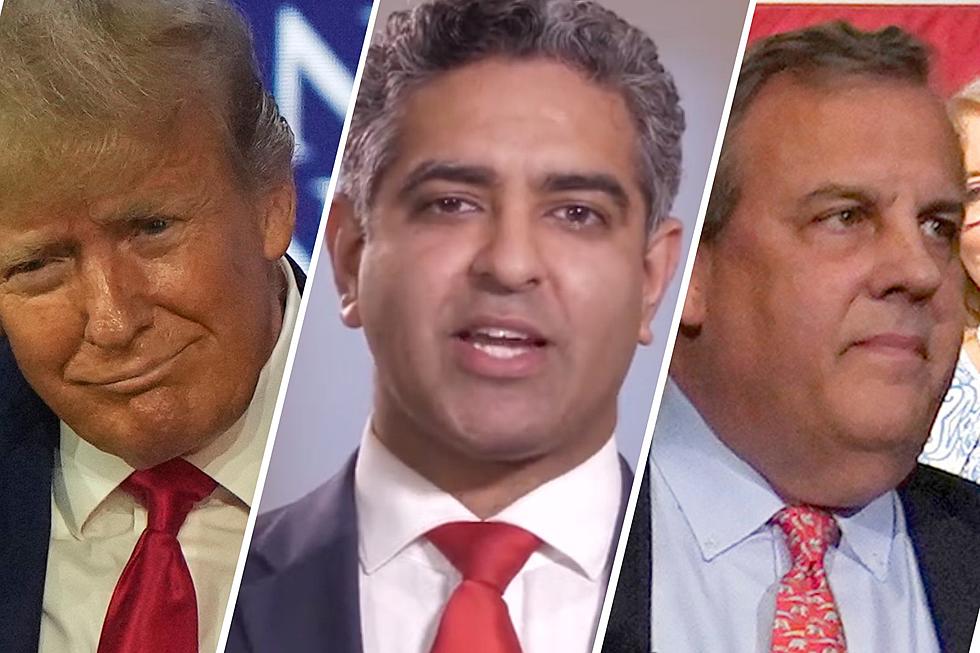
Murphy has spent millions on re-election: What about his rivals?
TRENTON — New Jersey Democratic Gov. Phil Murphy has had the biggest cash haul and spent the most so far in this year's gubernatorial primary, followed by Republican candidate Jack Ciattarelli, who vastly leads his three GOP challengers, state officials revealed Wednesday.
The Election Law Enforcement Commission released a snapshot of the candidates' fundraising and spending less than a month ahead of the June 8 primary.
Murphy is running unopposed in the Democratic primary after two would-be rivals got tossed from the ballot over faulty ballot petitions. He aims to become the first Democrat to win reelection in more than four decades.
Ciattarelli is a former GOP Assembly member who ran but lost the Republican gubernatorial nomination in 2017. He's also a certified public accountant and started a medical publishing company. This year he has consolidated GOP support across the state, though he still faces challengers who deride Ciattarelli as insufficiently supportive of former President Donald Trump.
How much have NJ candidates raised?
Murphy raised $7.8 million, has spent about $7 million and has less than $1 million cash on hand. Ciattarelli brought in $5.7 million and spent $4.4 million, but he has $1.3 million on hand, more than any other candidate.
Unlike 2017, when Murphy face significant primary challengers and loaned his campaign more than $16 million, he's accepting public matching funds. So is Ciattarelli. They're the only two candidates in the race who qualified.
Murphy's and Ciattarelli's fundraising totals include matching funds, according to the commission.
On the GOP side, Hudson County pastor and former real estate developer Phil Rizzo has raised about $560,000, and former unsuccessful gubernatorial candidate Hirsh Singh has about $500,000, with the lion's share of his money coming from personal funds.
New Jersey matching funds for candidates
New Jersey's public matching fund program dates to 1974.
It permits candidates to get $2 in public cash for every $1 raised. Candidates must have raised $490,000 to qualify for the funds, and there’s a cap of $4.6 million. Spending for candidates getting public money is limited to $7.3 million in the primary.
Matching funds are financed through donations from state income tax forms and through the general fund.
Jeff Brindle, the commission's executive director, estimates that the program cost taxpayers about the price of a large latte.
“The public financing program has served the public well, costing an average of $4.18 per taxpayer in 2017. In exchange, voters benefited by having a gubernatorial campaign focused mainly on issues and less subject to special interest influence,” Brindle said.
When is the New Jersey primary?
The primary will be held June 8, and unlike voting last year, which was done almost entirely by mail-in ballots because of the COVID-19 outbreak, voters can cast ballots in person.
The new early in-person voting law Murphy signed earlier this year won't be in effect. It's expected to provide for early in-person voting in the November election, however.
NJ towns that actually cut property taxes in 2020
LOOK: The Most Famous Actor Born Every Year
More From New Jersey 101.5 FM









